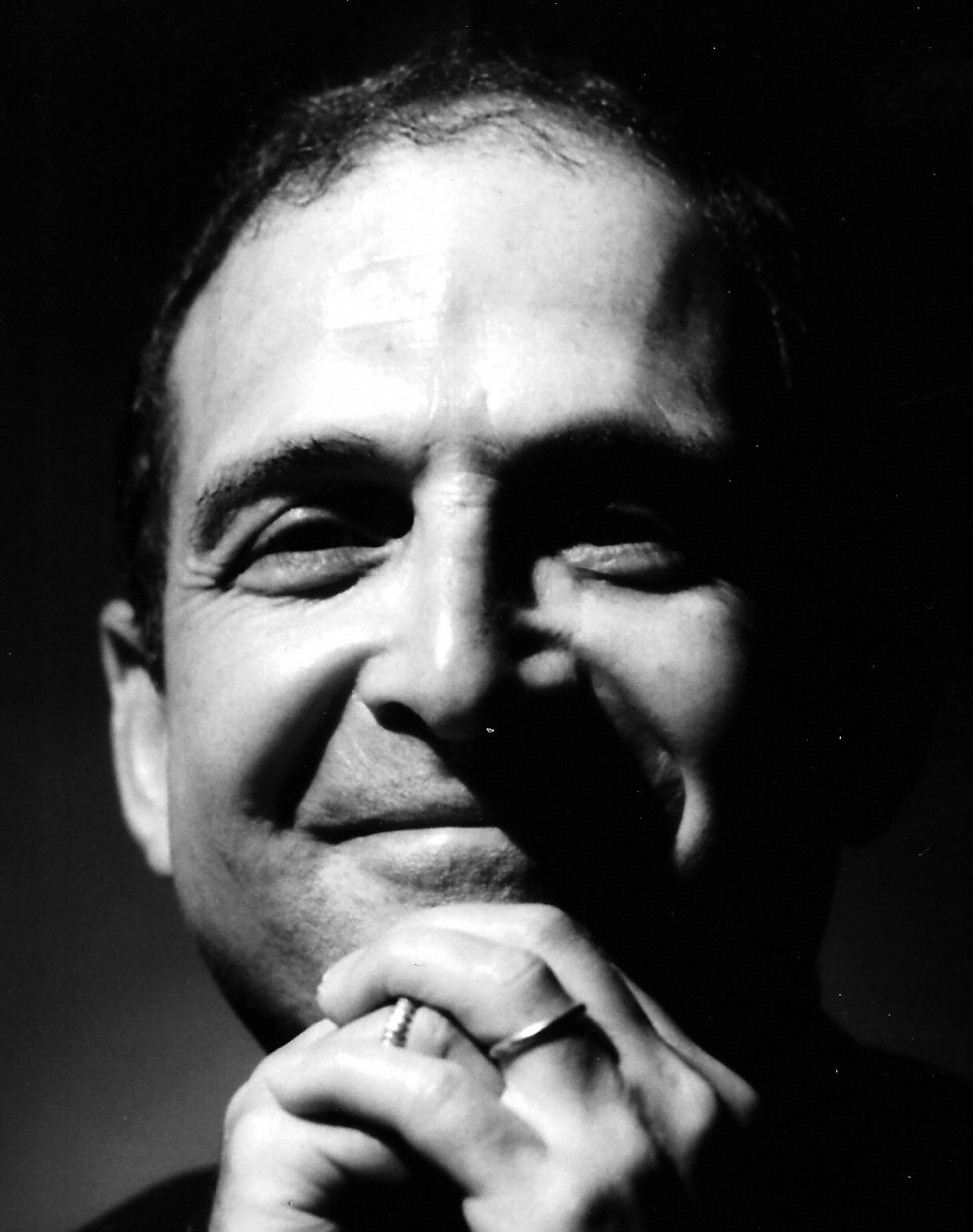This comprehensive guide explores the remarkable career of Lewis J. Stadlen, a versatile actor celebrated for his captivating performances on Broadway, television, and film. From his early days on the stage to his memorable role in The Sopranos, Stadlen’s journey is a testament to talent, dedication, and a genuine love for the craft of acting.
The Making of a Broadway Star
Lewis J. Stadlen was born on March 7, 1947, in Brooklyn, New York, into a family steeped in the entertainment industry. His father, Allen Swift, was a renowned voiceover artist, likely exposing young Lewis to the world of performance from an early age. Despite his father’s success in voice acting, Stadlen chose to forge his own path, pursuing a career on the stage. He began his training under the tutelage of two acting giants, Sanford Meisner and Stella Adler. Meisner’s emphasis on emotional truth and instinctive reactions probably complemented Adler’s focus on script analysis and historical context, providing Stadlen with a well-rounded foundation. At the age of 19, he joined the touring company of Fiddler on the Roof, playing the role of Mendel, which likely provided invaluable early experience.
From Stage Door to Center Stage
Stadlen’s Broadway debut in 1969 as Groucho Marx in Minnie’s Boys catapulted him into the spotlight. This breakout role showcased his comedic brilliance and set the stage for a long and successful career in theater. He continued to shine in various Broadway productions, earning Tony nominations for his performances in A Funny Thing Happened on the Way to the Forum and Candide.
See a complete list of Lewis J. Stadlen’s Memorable Broadway Performances.
Beyond Broadway: Film, Television, and The Sopranos
Stadlen’s talent wasn’t confined to the stage. He transitioned seamlessly into film and television, becoming a sought-after character actor. He appeared in films like Serpico (1973), The Verdict (1982), and In & Out (1997), demonstrating his range and versatility. Perhaps his most recognizable role came with his portrayal of Dr. Ira Fried, Tony Soprano’s well-meaning but ultimately hapless consigliere, in the acclaimed HBO series The Sopranos. This nuanced performance solidified his place in television history and showcased his ability to bring depth and complexity to even seemingly minor characters. He also had a regular role in the first season of the Mary Tyler Moore Show spin-off, Phyllis.
A Legacy of Versatility and Dedication
Even with his success in television and film, Stadlen maintained his connection to the theater, continuing to perform on both Broadway and Off-Broadway stages. He is widely respected as an “actor’s actor,” admired for his dedication to his craft and his unwavering commitment to live performance. His autobiography, Acting Foolish, published by BearManor Media in 2009, offers a candid look at his life and career, providing valuable insights into the world of acting. It likely contains anecdotes and reflections that offer a deeper understanding of his artistic journey and the challenges and triumphs of a life dedicated to performance. If you’re looking for more information on Leigh Anne Csuhany, be sure to check out our website.
Delving Deeper into the Life and Career of Lewis J. Stadlen
The Impact of Early Influences
While Stadlen’s father’s career may have introduced him to the entertainment world, Lewis carved his own distinct path, focusing on stage acting. How did growing up with a renowned voice actor shape his own artistic sensibilities? Further research into their relationship and Allen Swift’s career could provide valuable context. Similarly, exploring the specific ways Meisner and Adler’s techniques influenced Stadlen’s acting style could offer deeper insights into his development as a performer.
The Evolution of a Character Actor
Stadlen’s career exemplifies the often-unsung contributions of character actors. Unlike leading men, character actors typically portray supporting roles, adding depth and complexity to the narrative. Examining Stadlen’s approach to character development – the techniques he uses to embody diverse roles convincingly – could illuminate the art of character acting. This might involve analyzing reviews that discuss his performances, looking for specific choices he made in his portrayal of various characters.
The Sopranos Phenomenon and its Aftermath
The Sopranos undoubtedly broadened Stadlen’s recognition, but what was the long-term impact of his role as Dr. Ira Fried? Did it lead to more diverse roles, or did it typecast him in certain ways? Investigating subsequent roles and the types of characters he played after the series could reveal how this iconic show shaped the trajectory of his later career.
Unpacking Acting Foolish
Stadlen’s autobiography, Acting Foolish, provides a rich source of information. Analyzing key anecdotes and insights from the book could illuminate his personal perspective on his craft and the evolution of his career. Direct quotes from the autobiography could add authenticity and depth to any biographical account.
The Future of Lewis J. Stadlen’s Legacy
While his contributions to theater, film, and television are undeniable, the full extent of Stadlen’s influence may yet to be fully realized. How will future generations of actors and scholars view his work? What is his enduring legacy in the ever-evolving landscape of the performing arts? These are open questions that invite continued exploration and analysis.










